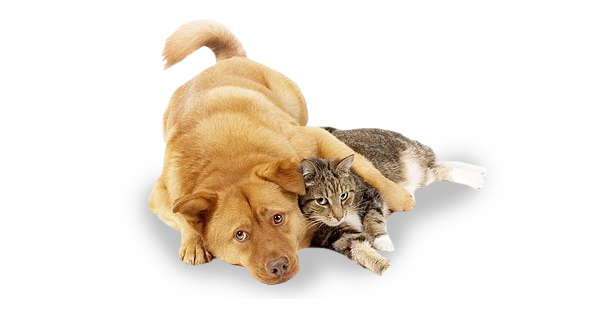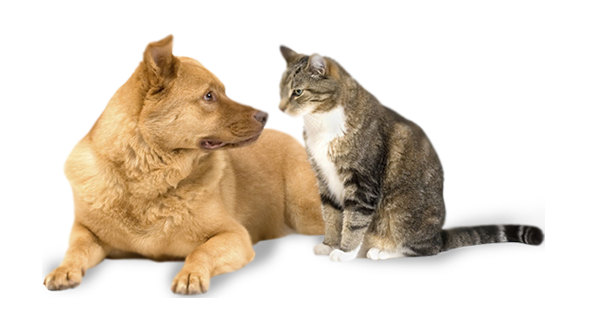Common Poisons In Practice
Unfortunately we routinely see cases of accidental ingestion of substances that are poisonous to our pets.
This may increase seasonally, for example, chocolate at Christmas and Easter or antifreeze in the winter. Below is a list of the most common cases that we see.
Chocolate
Chocolate poisoning is a potentially fatal poisoning in dogs
The culprit within chocolate is called Theobromine. The concentration of this varies depending on the type of chocolate but as a general rule, the higher the percentage of cocoa solids, (ie the darker the chocolate), the higher the level of theobromine.
Signs of poisoning usually occur within 24hrs of consumption and include vomiting, painful abdomen, restlessness and hyperactivity. In severe cases there may be tremors or convulsions with the heart being severely affected.
Treatment is to limit the absorption and involves inducing vomiting and giving activated charcoal.

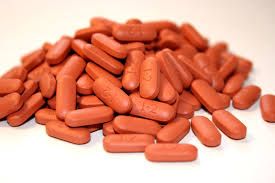
Ibuprofen
Ibuprofen is a human anti inflammatory drug which is extremely toxic to dogs and even a small amount can cause significant effects on the digestive tract and the kidneys.
Signs include vomiting, diarrhoea and kidney failure.
Prompt action is required and involves inducing vomiting and intravenous fluids for a minimum of 24hrs. Kidney function will be checked by taking a blood sample after 24hrs.
Lily ingestion
Lily ingestion is the most common poisoning in cats and will cause kidney failure if left untreated. All parts of the lily are poisonous.
Intravenous fluids are started straight away and any residual pollen should be removed from the coat to prevent further ingestion. Fluids need to continue for 48hrs after which a blood sample will be taken to check kidney function.

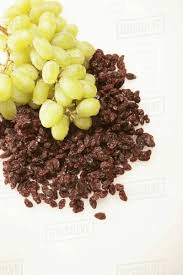
Grapes
Grapes / Raisins are also toxic to dogs causing kidney failure in certain individuals. Unfortunately we do not know whether your dog is susceptible so all dogs must be treated the same. This involves inducing vomiting and intravenous fluids for 48hrs. Activated charcoal may also be given to reduce further absorption.
Antifreeze
Antifreeze also known as Ethylene Glycol is usually found around cars due to leakage from brake fluid and coolant but can also be found in decorative snow globes.
Unfortunately it is very sweet and is the second most common toxin that we see in cats.
Symptoms vary depending on how much and when it was ingested.
Initially your pet may appear drunk and struggle to walk due to the effects on the brain. If symptoms are mild they may go unnoticed at this stage but could progress to seizures and fatality. If this stage is unnoticed then the signs of acute kidney failure are seen with dullness, anorexia, vomiting, rapid breathing and collapse.
Treatment is aimed at reducing the absorption of ethylene glycol if ingestion is picked up quickly and preventing crystals forming within the kidneys. After this intravenous fluids is the mainstay of treatment to support kidney function and increase the excretion however prognosis is extremely guarded.
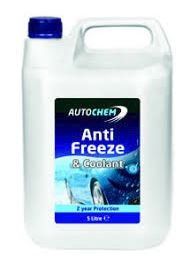
These are only a few of the poisons / toxins that can be ingested.
Others include rat poison, slug pellets, onions, spring bulbs, mycotoxins to name just a few. Prompt treatment is required in all cases of these potentially fatal poisonings so please contact the practice as soon as you can if you are suspicious that your pet has eaten something that it shouldn’t have.

